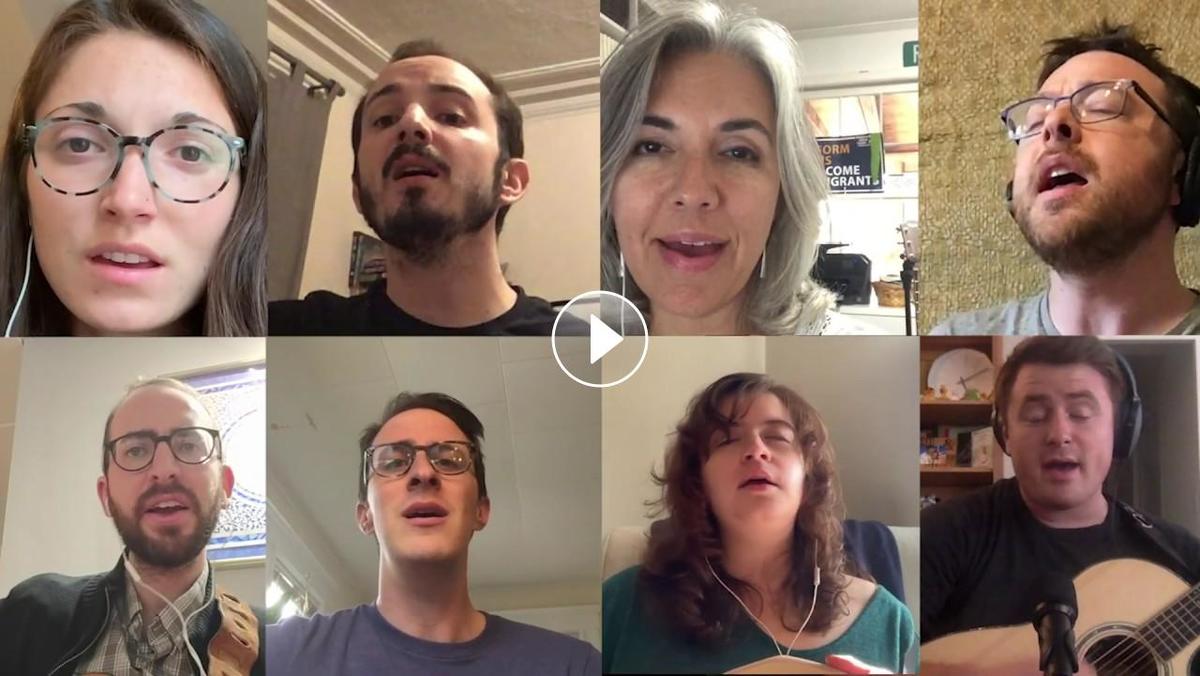Jewish learning Esa Einai: A Song in Order to Ascend

Jewish music is my inner song. I recognize my music as my joining into a centuries-old relationship with Jewish texts and traditions. I also see music as a way of deepening emotional experiences. In the context of this unprecedented moment in the world, music can be grounding and therapeutic.
This melody is for Psalm 121. Rather than being another ‘Song of the Ascent,’ it can be read as a ‘Song in Order to Ascend’ (Shir La’maalot). It says: ‘I turn myself to the mountains and I look for help. Where does my help come from? It comes from God.’ I grew up in Northern California singing a lot of melodies connected to this line of text. I was surrounded by lots of hills and mountains, so to me, the visceral connection to mountains was really powerful. In Judaism there are so many moments that happen on hilltops and mountaintops. It’s where we make our cities. It’s where we go to draw closer to God. We go vertical to reach a divine presence. The fact that we have to ascend to have a conversation with Divinity is a fascinating idea to me. In the last two notes of the melody, you feel like you’re at the top of the mountain. Then you step back and say, ‘Oh I’m at the top of the mountain and that’s really scary.’ To be able to chart that in a melody was very rewarding and interesting for me.
I made this video a few months ago. People put their headphones on and sang along, and through the wonders of technology, I layered the voices on top of one another. At the time it was just me wanting to sing with my friends—people from across the denominational spectrum and around the country were able to virtually sing the same song at the same time. I couldn’t have imagined that people would be doing this all the time now, and that this would become the new normal.
Jackson Mercer is a rabbinical students at Hebrew College in Newton, MA.

